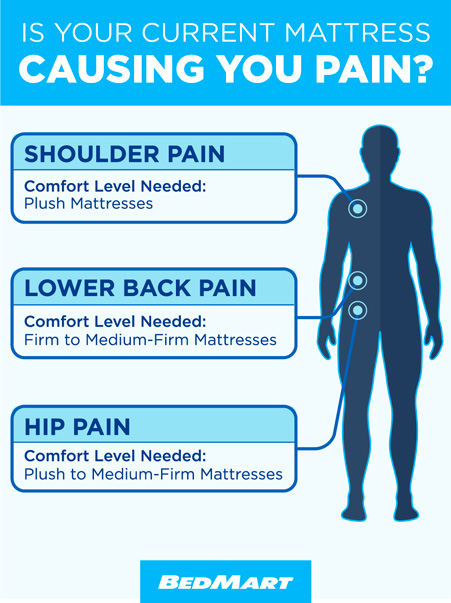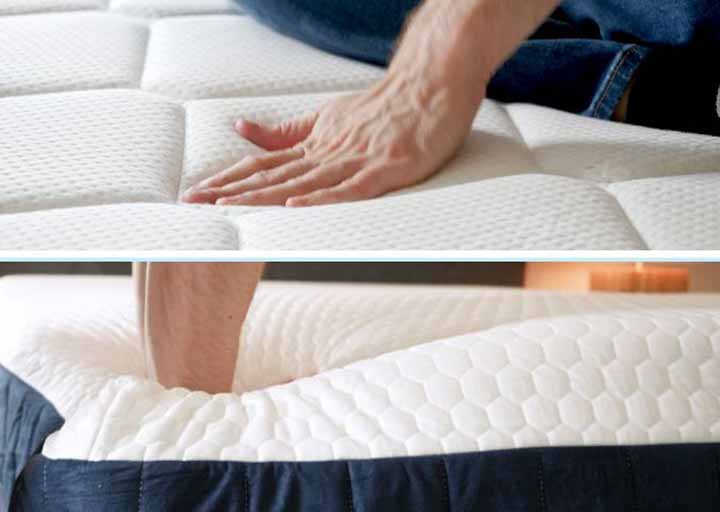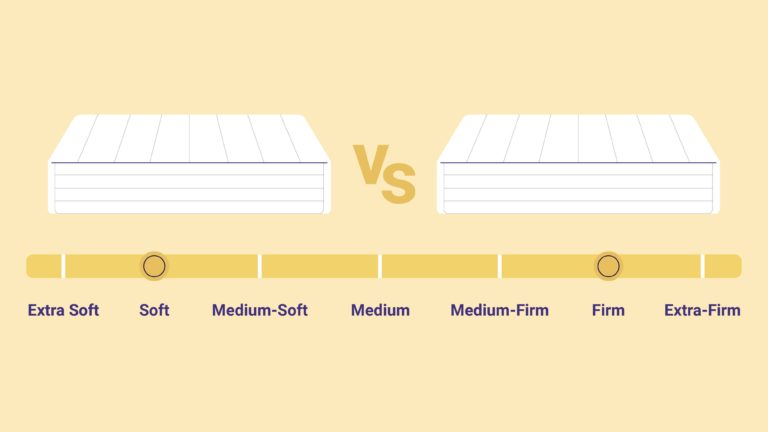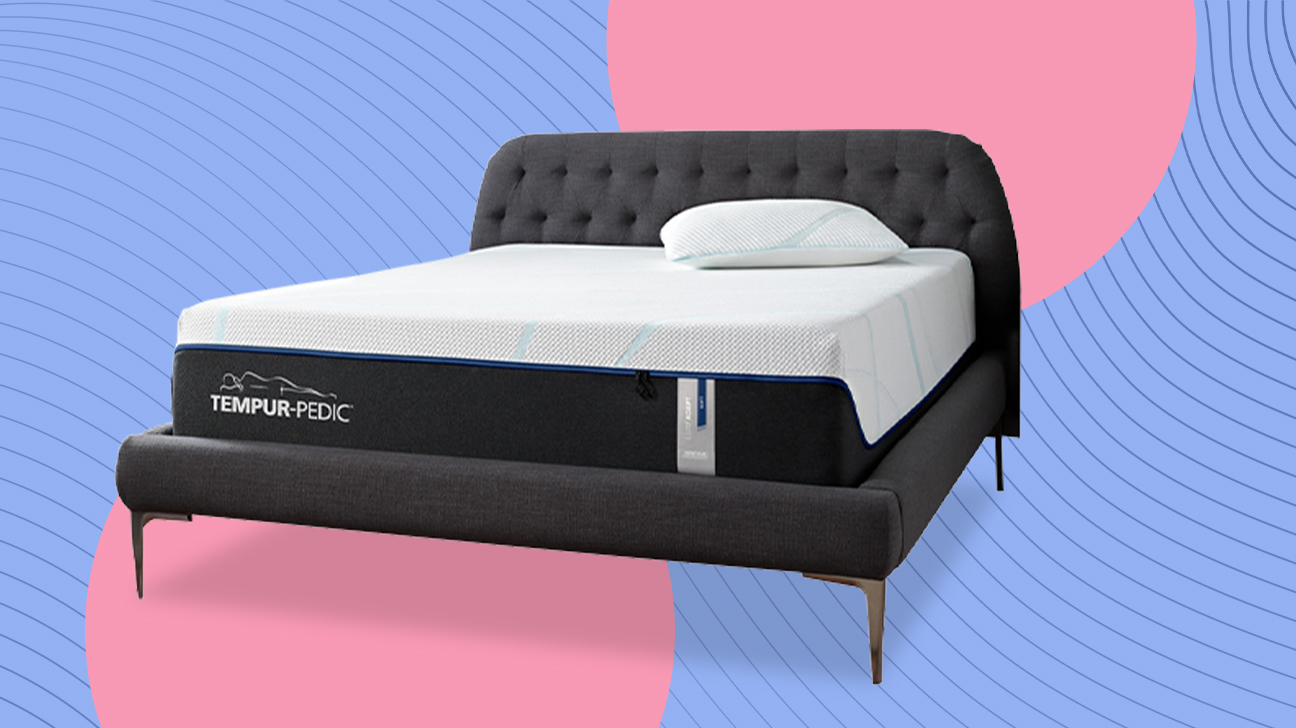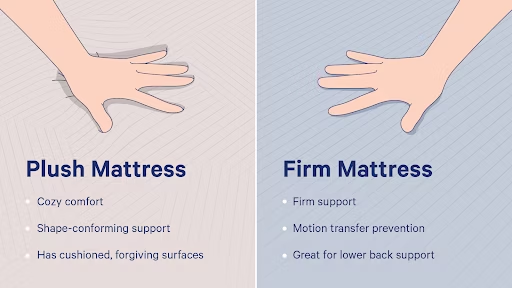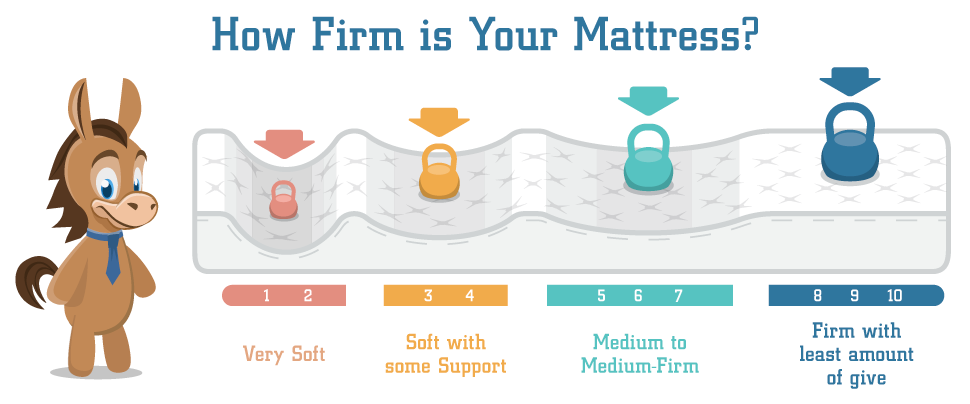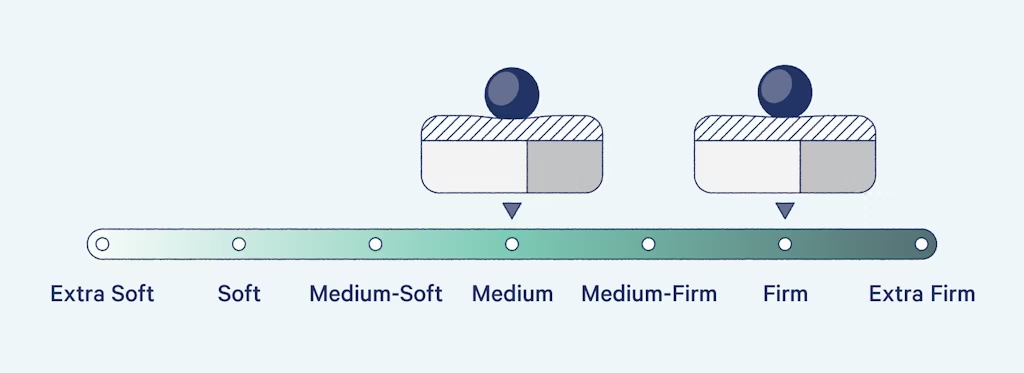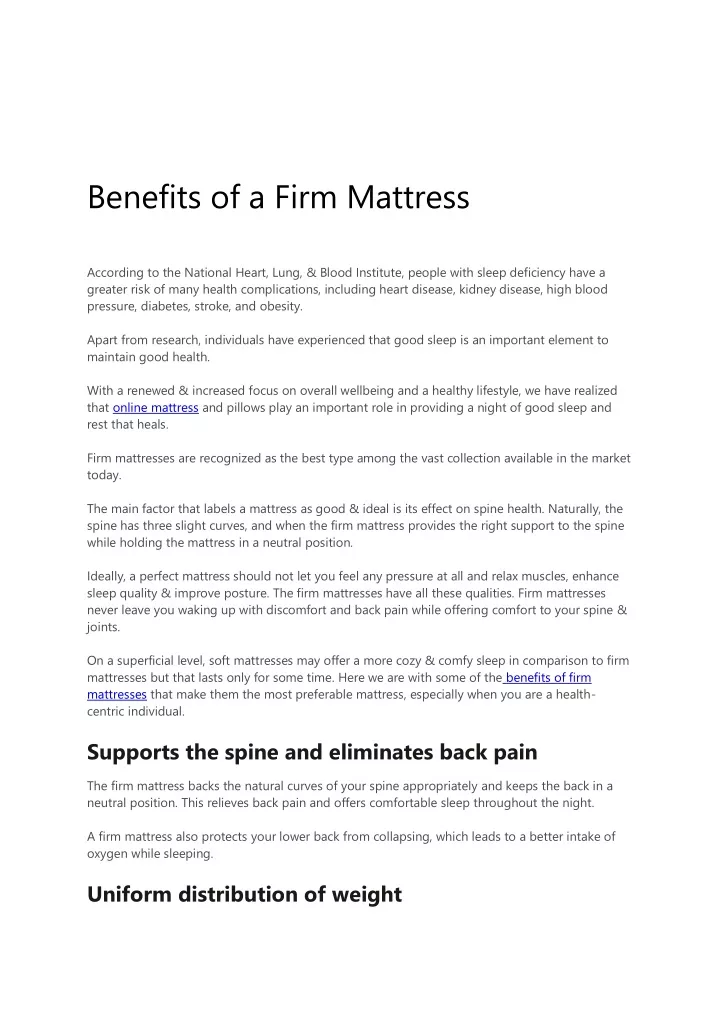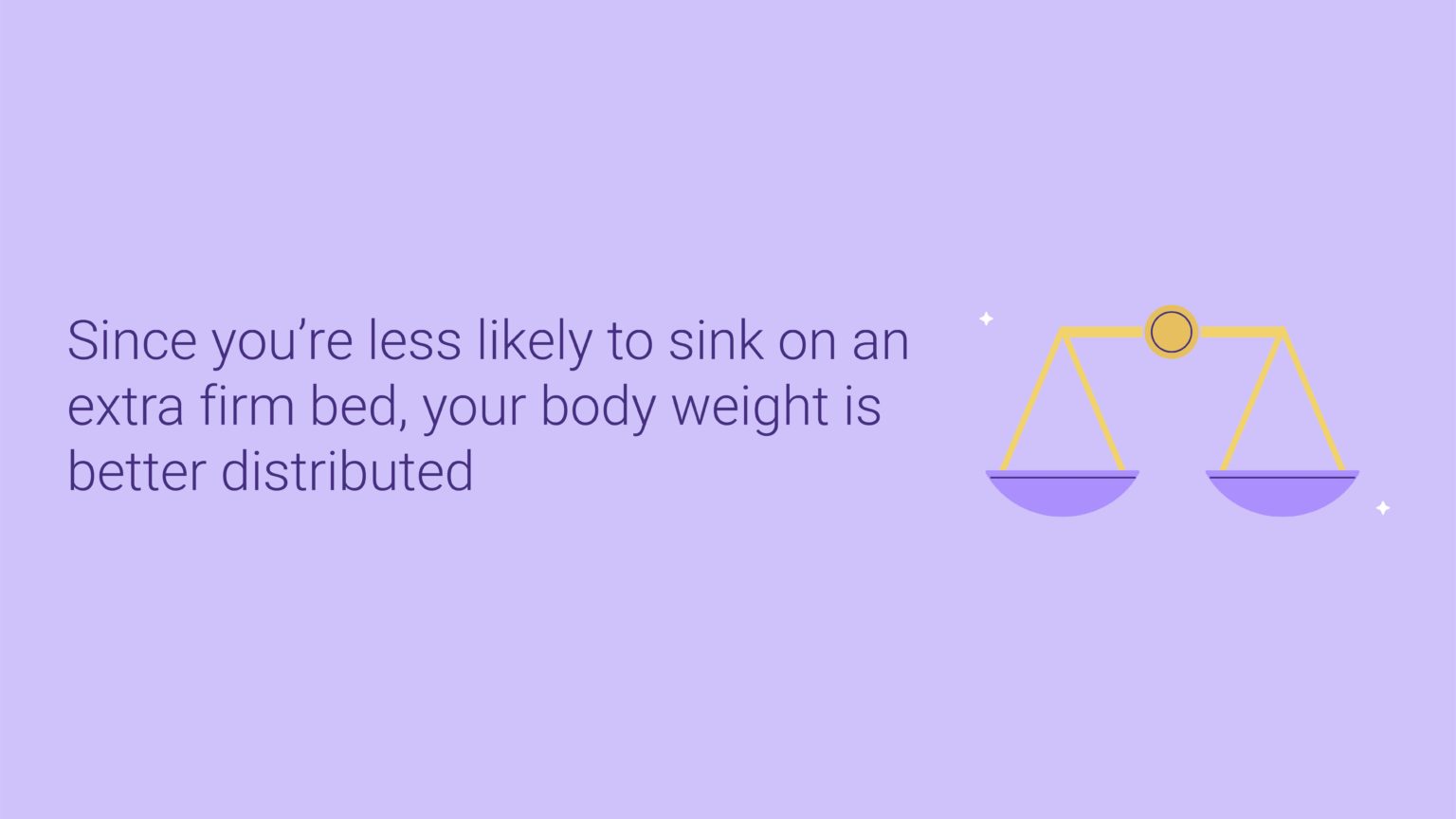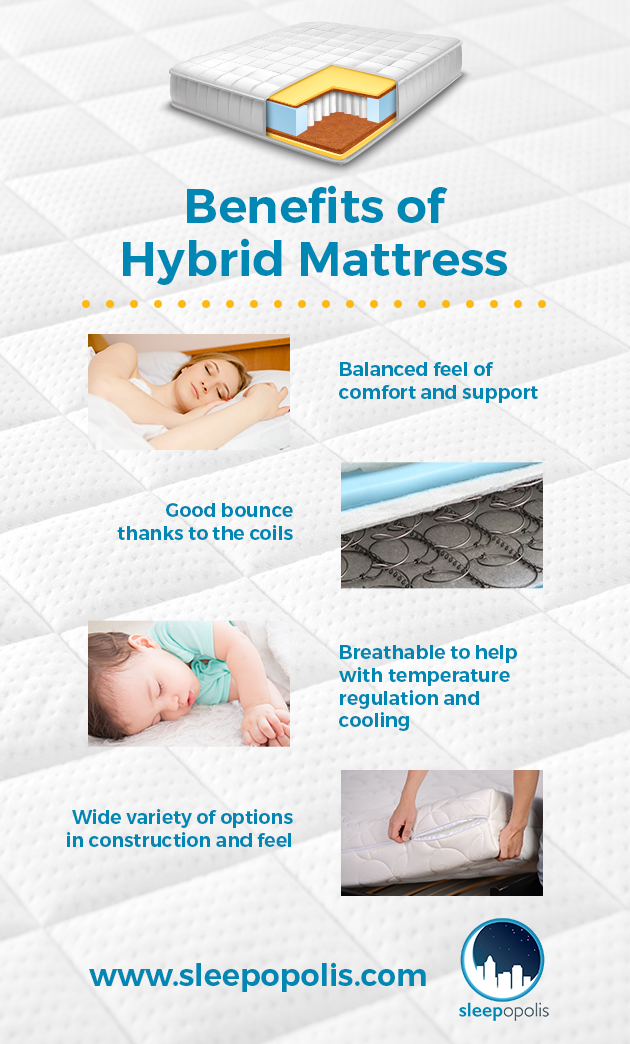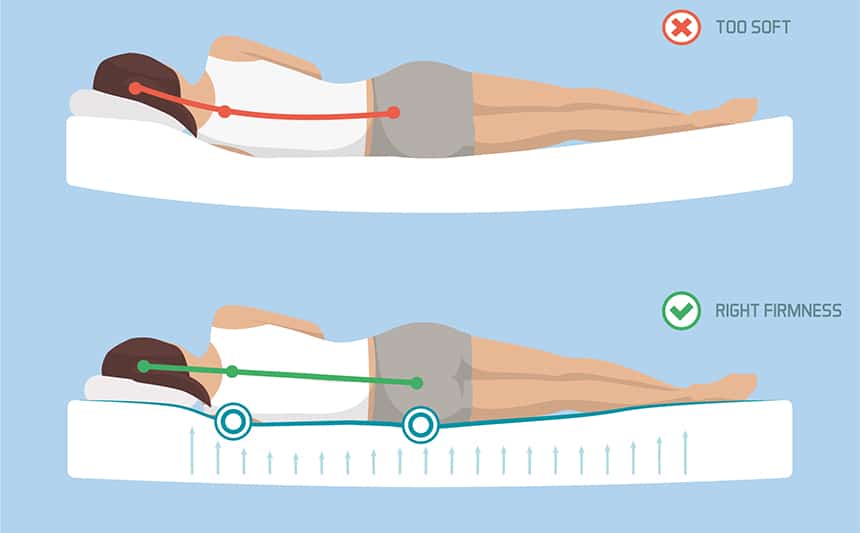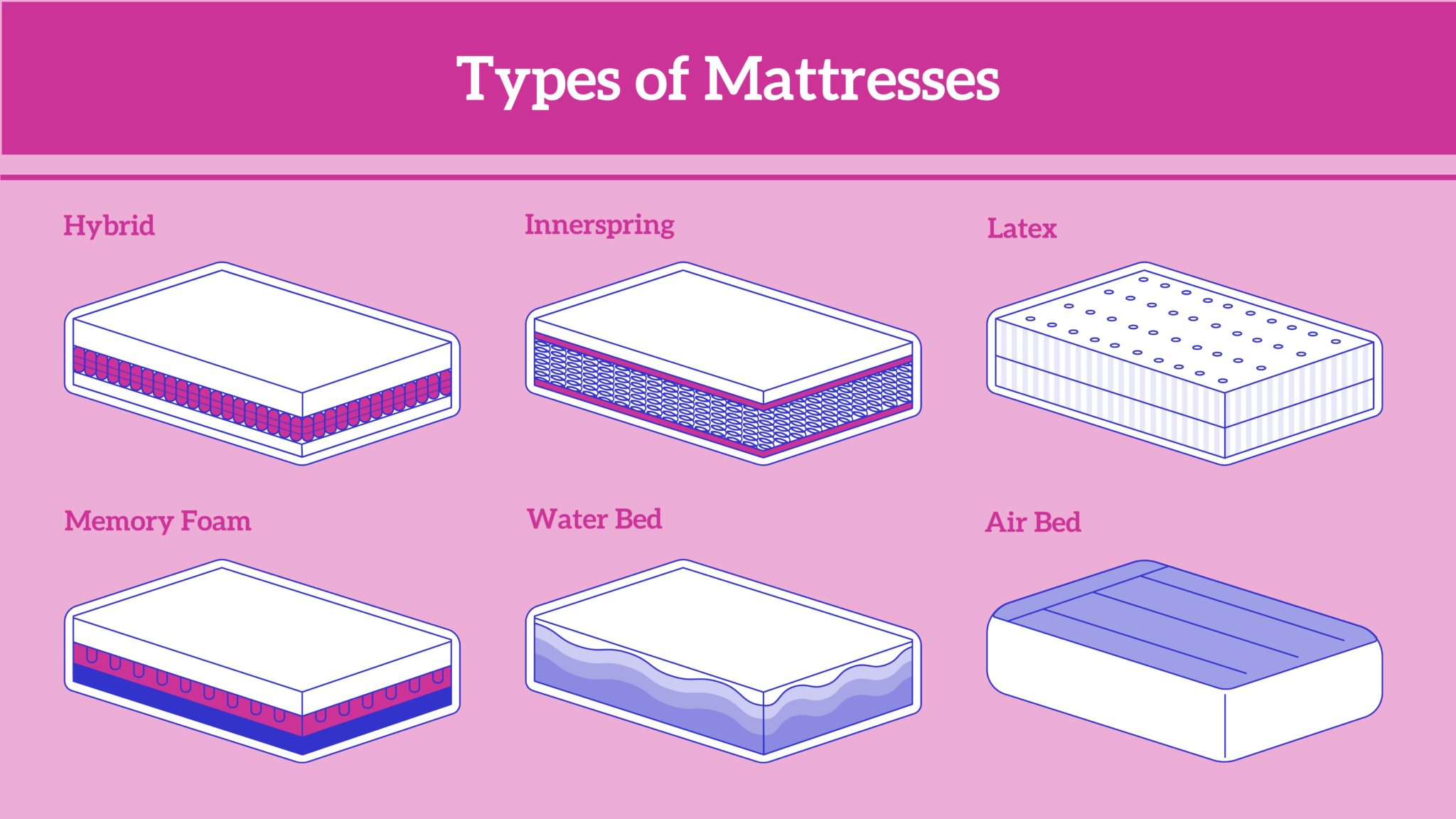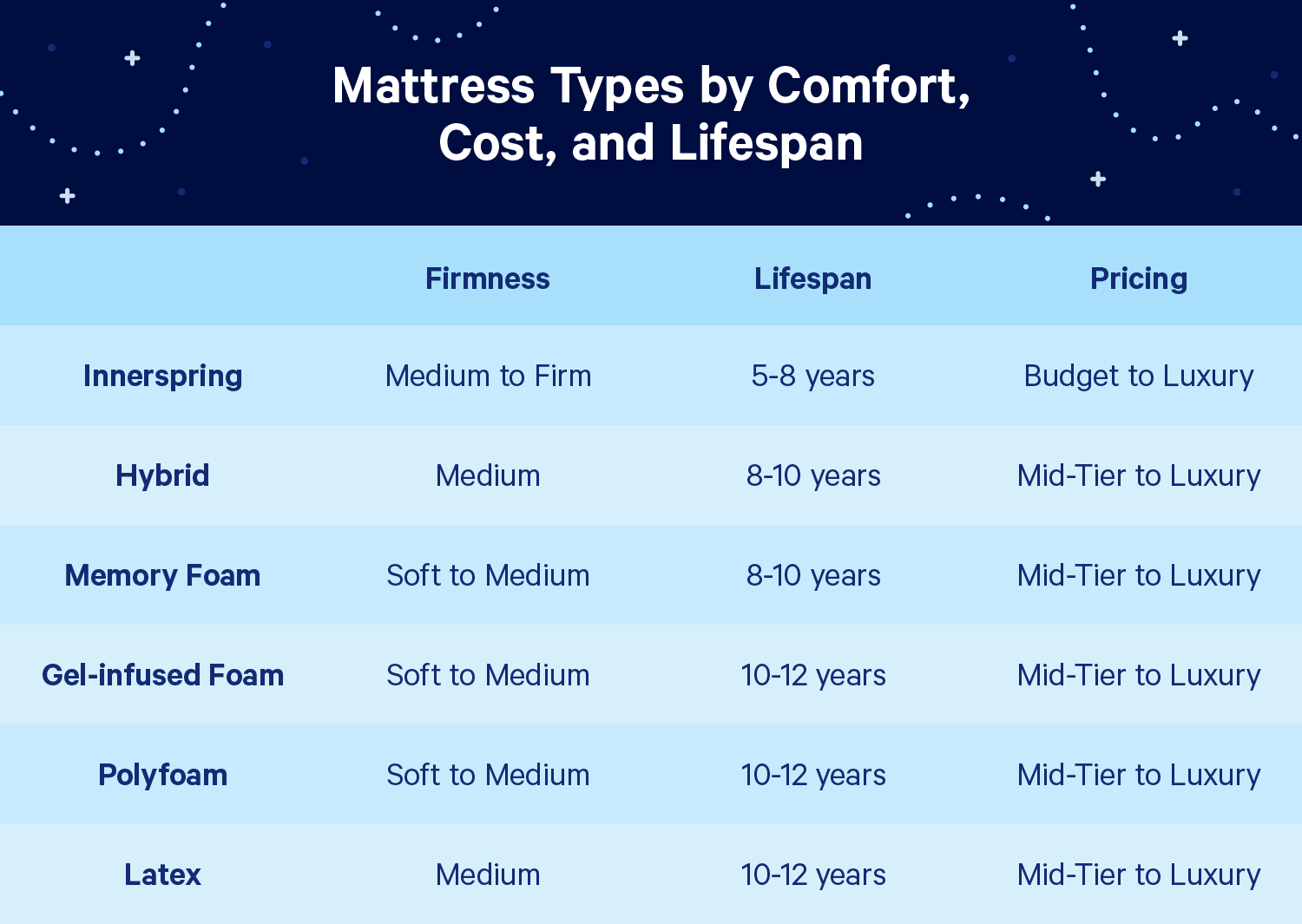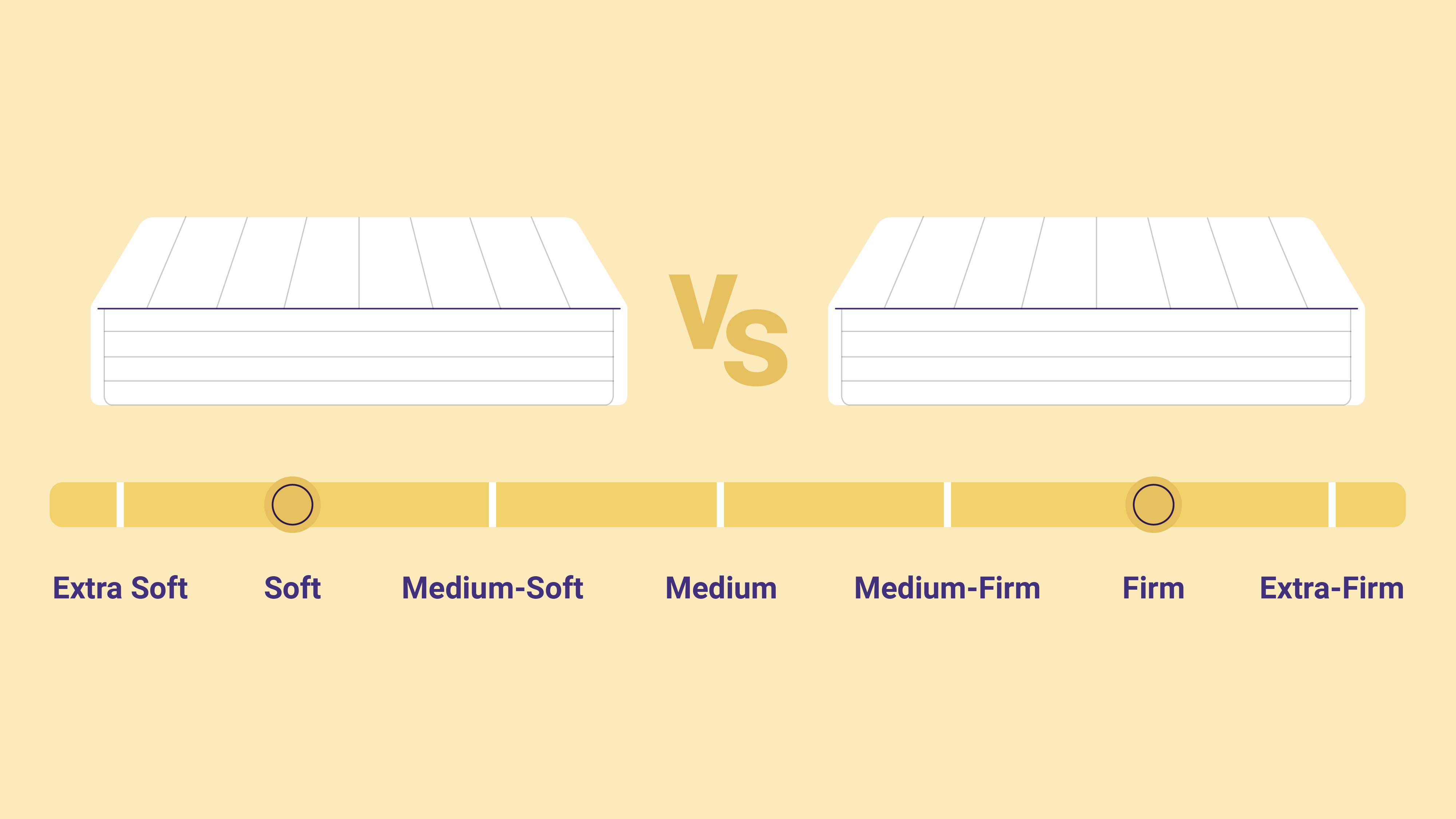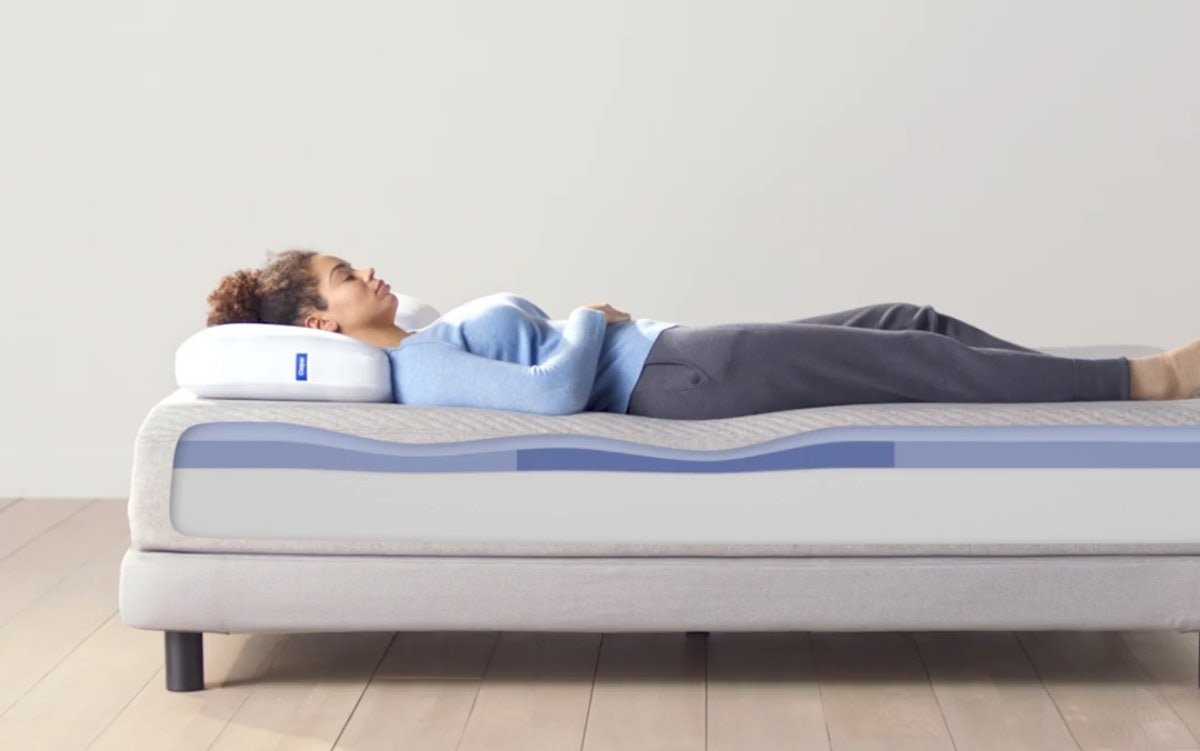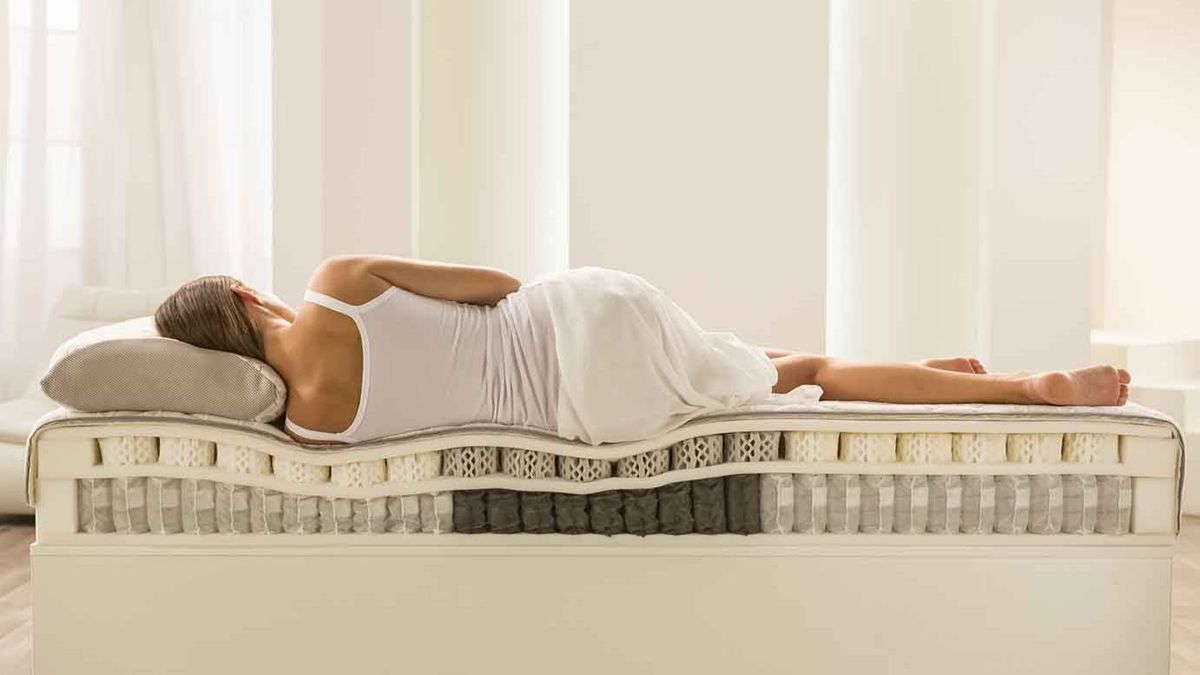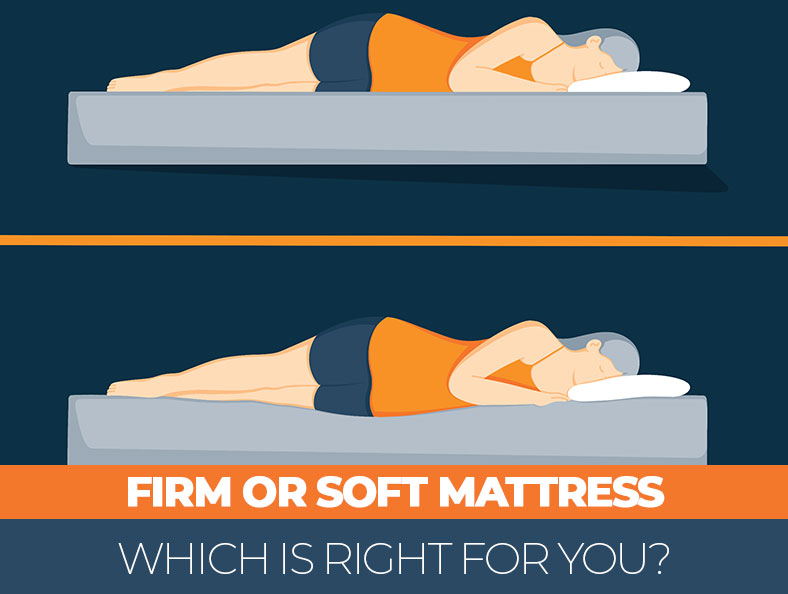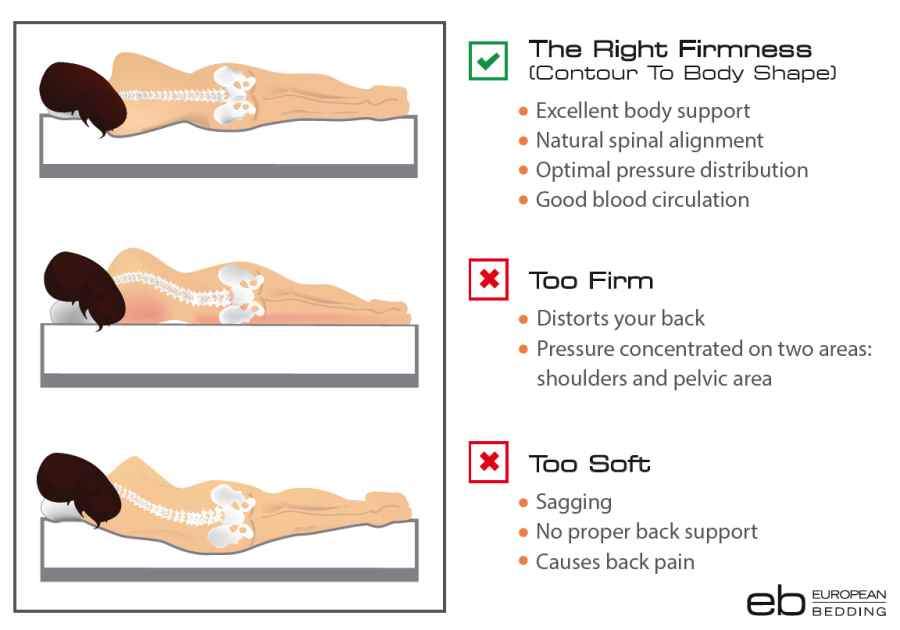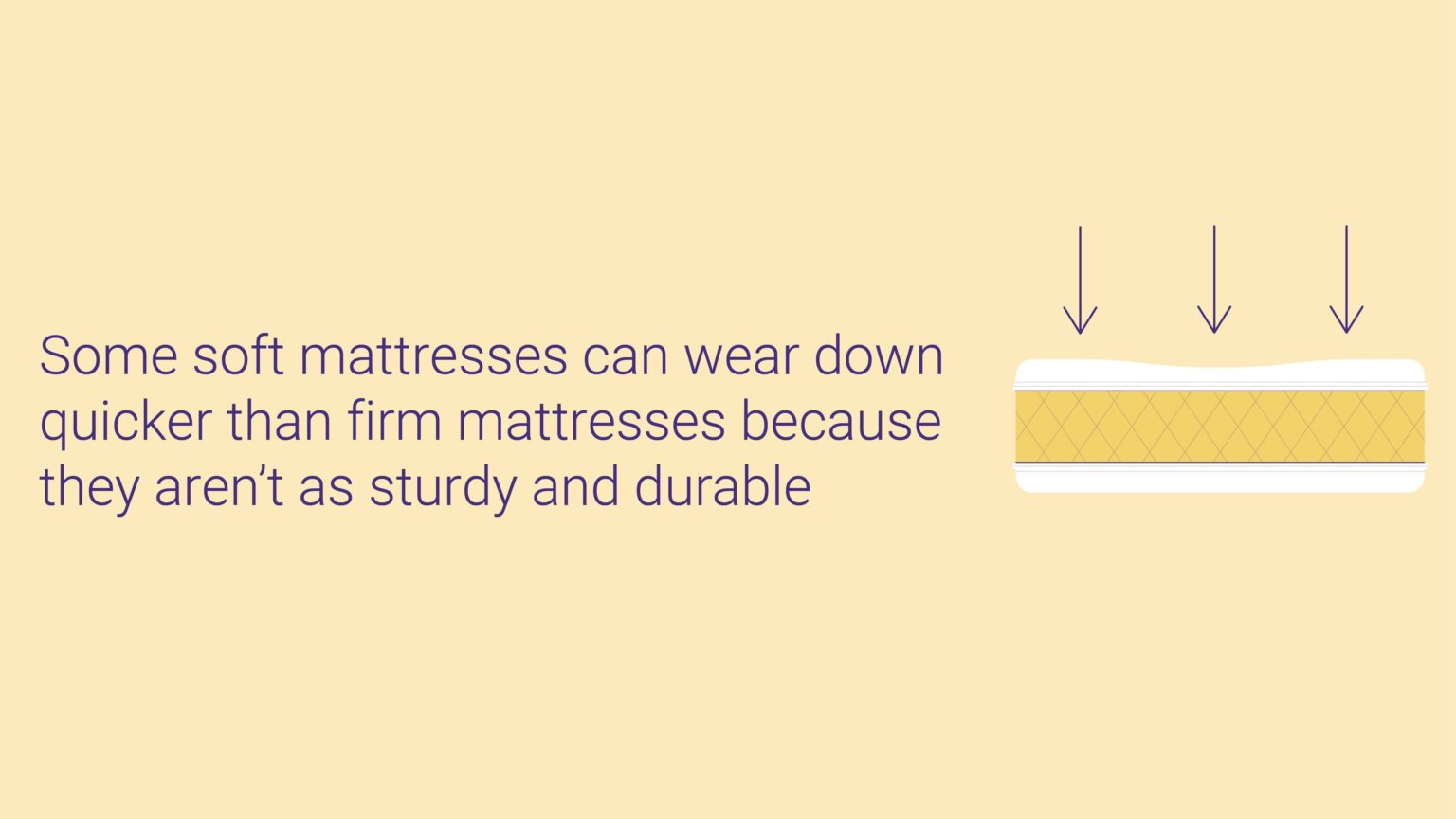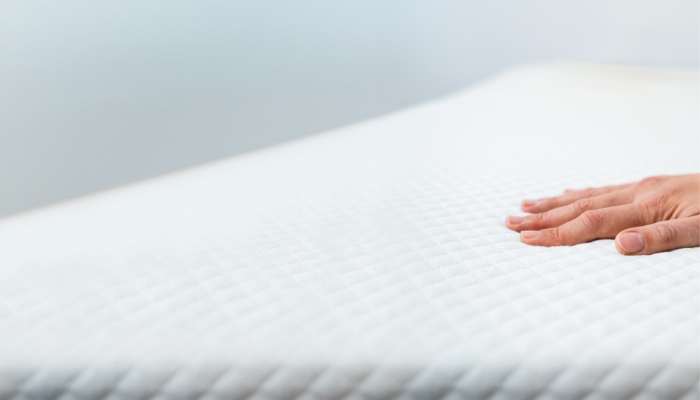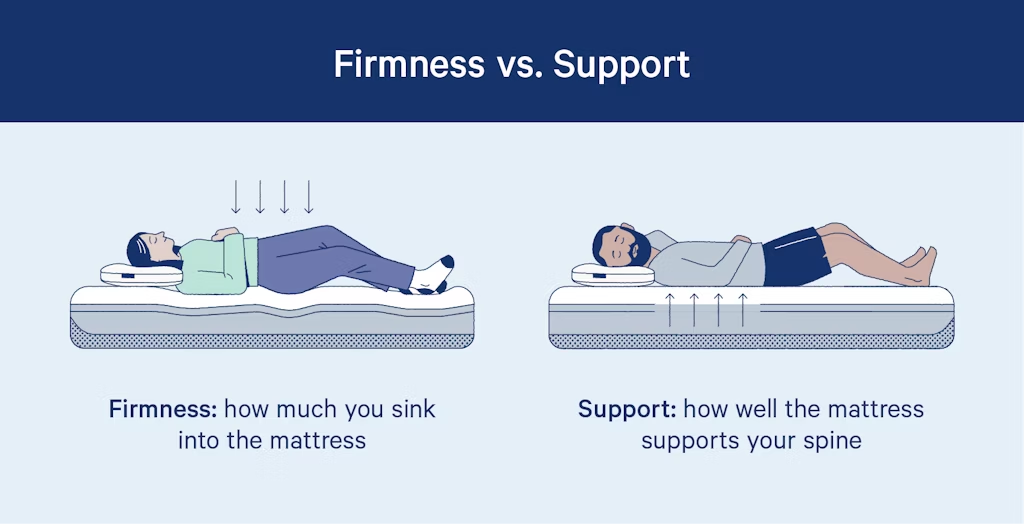Firm vs Soft Mattress: Which One is Right for You?
Choosing a mattress is a big decision, as it directly affects the quality of your sleep. One of the biggest debates in the mattress world is whether a firm or soft mattress is better. While both types have their own advantages and disadvantages, ultimately, the decision comes down to personal preference and individual needs. In this article, we will explore the differences between a firm and soft mattress and help you decide which one is the right fit for you.
The Pros and Cons of Firm and Soft Mattresses
Before we dive into the details, let's first understand what exactly a firm and soft mattress are. A firm mattress is typically made of denser materials and provides a solid, sturdy surface to sleep on. On the other hand, a soft mattress is made of softer materials and offers a plush, cushioned feel.
One of the main advantages of a firm mattress is its ability to provide excellent support for your body. The firm surface helps to keep your spine aligned, which can be beneficial for those with back pain. It also prevents sinking and sagging, ensuring that your body weight is evenly distributed. However, some people may find a firm mattress too hard and uncomfortable, especially for side sleepers.
On the other hand, a soft mattress offers a cozy and comfortable sleeping experience. It can provide relief for pressure points and is a great choice for people who prefer a more cushioned feel. However, too much softness can result in a lack of support, which can lead to back pain and discomfort. Additionally, soft mattresses tend to wear out faster than firm mattresses.
How to Choose Between a Firm and Soft Mattress
When deciding between a firm and soft mattress, it's important to consider your body type, sleeping style, and any pre-existing health conditions. For example, if you have back pain, a firm mattress may be a better option as it provides better support. However, if you are a side sleeper, a soft mattress may be more suitable as it can relieve pressure points.
It's also essential to test out different mattresses before making a decision. Many mattress stores offer a trial period, where you can sleep on the mattress for a few nights and see how it feels. This is the best way to determine which type of mattress works best for you.
The Benefits of a Firm Mattress
As mentioned earlier, a firm mattress offers excellent support for your body. This can be particularly beneficial for those with back pain, as it helps to keep the spine aligned and reduces pressure on the back. A firm mattress also tends to last longer than a soft one, making it a more durable investment. Additionally, a firm mattress can be a good choice for heavier individuals, as it can support their weight better.
The Benefits of a Soft Mattress
A soft mattress provides a more comfortable and cozy sleeping experience. It can be a great option for side sleepers, as it can relieve pressure on the hips and shoulders. It can also be beneficial for those who are light sleepers, as the softer surface can absorb movement and prevent disturbances. Additionally, a soft mattress tends to be more affordable than a firm one, making it a budget-friendly choice.
Firm vs Soft Mattress: What's the Difference?
The main difference between a firm and soft mattress is the level of support and comfort they provide. A firm mattress offers a solid, sturdy surface with minimal sinking, while a soft mattress has a plush, cushioned feel with more sinking. Additionally, firm mattresses tend to be made of denser materials like memory foam or latex, while soft mattresses are usually made of softer materials like pillow top or plush foam.
How Firm or Soft Should Your Mattress Be?
The ideal firmness level for a mattress can vary from person to person. It ultimately depends on your body weight, sleeping style, and personal preferences. However, a good rule of thumb is to choose a mattress that keeps your spine aligned while also providing enough cushioning for comfort. You don't want a mattress that is too firm or too soft, as this can lead to discomfort and affect the quality of your sleep.
The Best Mattress for Your Sleeping Style: Firm or Soft?
Your sleeping style plays a significant role in determining the right mattress for you. If you are a back or stomach sleeper, a firm mattress may be better for you as it can keep your spine aligned. However, if you are a side sleeper, a soft mattress may be more suitable as it can relieve pressure points. It's essential to choose a mattress that supports your preferred sleeping style to ensure a comfortable and restful sleep.
Firm or Soft Mattress: Which is Better for Your Back?
Many people struggle with back pain, and choosing the right mattress can make a significant difference. While both firm and soft mattresses have their own benefits, a firm mattress is generally considered better for back pain. It provides the necessary support and keeps your spine aligned, reducing pressure on your back. However, it's essential to find a balance between firmness and softness, as a mattress that is too firm can also cause discomfort.
Finding the Perfect Balance: Firmness vs Softness in a Mattress
Ultimately, finding the perfect mattress comes down to finding the right balance between firmness and softness. You want a mattress that provides enough support for your body while also offering a comfortable and cozy sleeping experience. It's essential to try out different mattresses and determine what feels best for you. Don't be afraid to invest in a high-quality mattress, as it directly affects the quality of your sleep and overall health.
The Impact of Mattress Firmness on Quality of Sleep
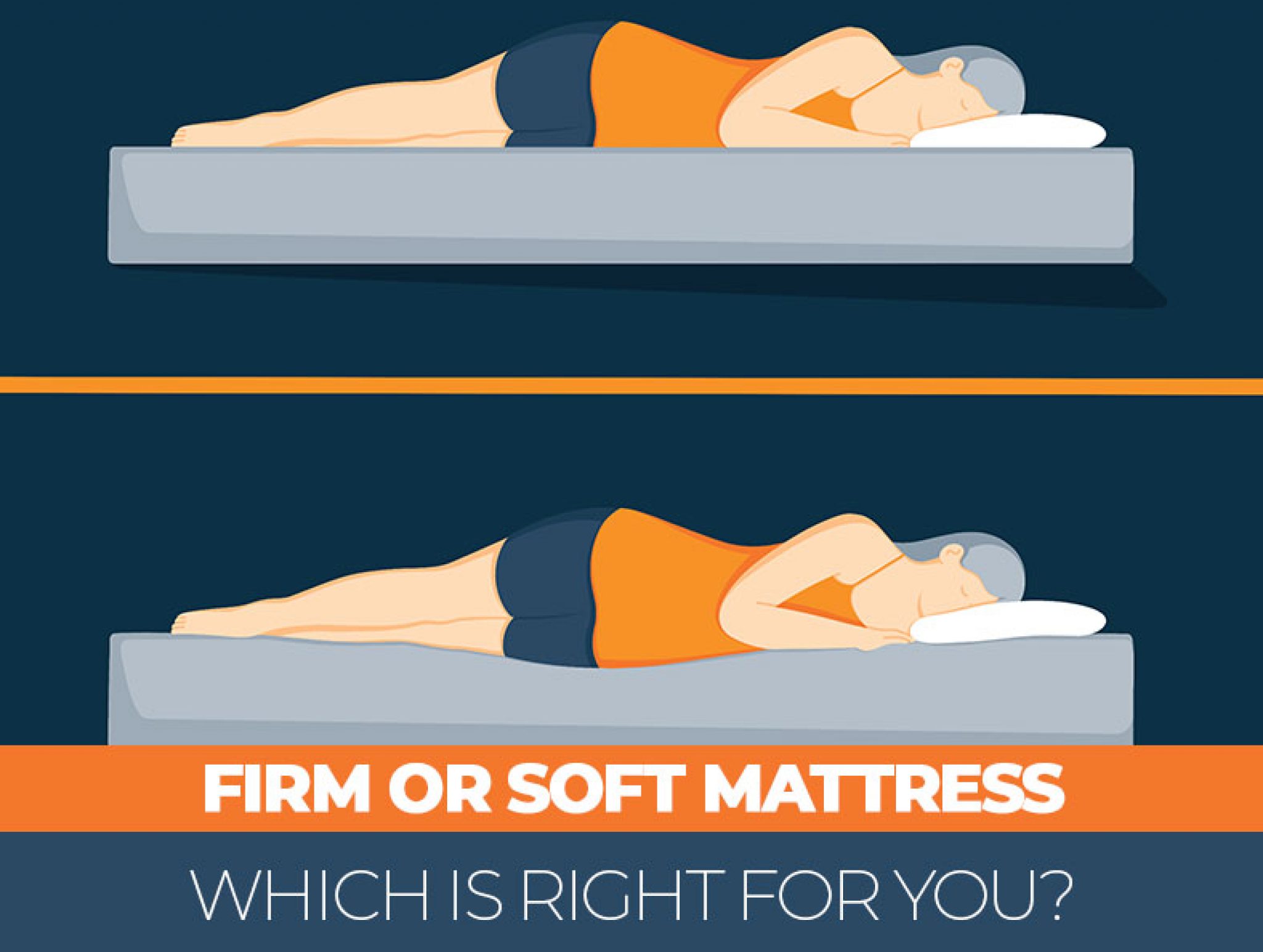
Choosing the right mattress is crucial for getting a good night's sleep. However, with the numerous options available in the market, it can be overwhelming to make a decision. One of the main considerations when purchasing a mattress is its firmness level. Should you go for a firm or soft mattress? Let's explore the impact of mattress firmness on the quality of sleep.

Firmness is a subjective measure, and what may be comfortable for one person may not be suitable for another. It is essential to understand your individual sleeping needs and preferences before making a decision. A mattress that is too firm can cause pressure points and discomfort, while a mattress that is too soft may not provide enough support, leading to back pain and poor spinal alignment. Therefore, it is essential to strike a balance between firmness and comfort for a good night's sleep.
Firm Mattresses: The Pros and Cons

Firm mattresses have a denser feel and are more resistant to pressure. They provide excellent support for those with back pain or joint issues as they keep the spine aligned. For stomach and back sleepers, a firm mattress can help distribute body weight evenly, preventing pressure points and ensuring proper spinal alignment. However, for side sleepers, a firm mattress may not provide enough cushioning for the shoulders and hips, leading to discomfort and interrupted sleep. It is also worth noting that a firm mattress can take some time to break in and may feel uncomfortable at first.
Soft Mattresses: The Pros and Cons

Soft mattresses offer a plush and cushioned feel, providing pressure relief for the body. They are ideal for side sleepers as they allow the shoulders and hips to sink in, keeping the spine in a neutral position. People who prefer a softer surface or have a lighter body weight may also benefit from a soft mattress. However, for those with back or joint issues, a soft mattress may not provide enough support, leading to discomfort and poor spinal alignment. Soft mattresses can also retain more heat, making them less suitable for hot sleepers.
The Middle Ground: Medium-Firm Mattresses
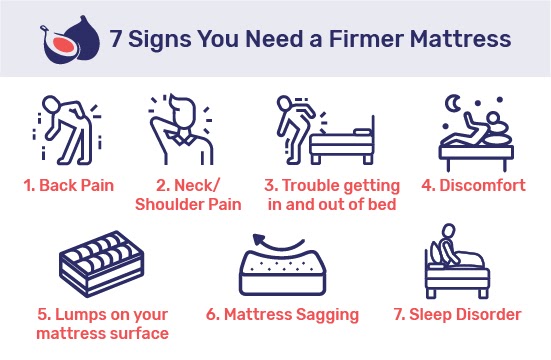
For most people, a medium-firm mattress offers the best of both worlds. It provides enough support for proper spinal alignment while also providing enough cushioning for pressure relief. This balance is especially beneficial for couples with different sleeping preferences, as well as for those who switch between sleeping positions throughout the night. A medium-firm mattress also tends to have a longer lifespan compared to a very soft or very firm mattress.
Final Thoughts

Ultimately, the firmness level of your mattress will depend on your individual needs and preferences. It is essential to try out different mattresses and consult with a sleep specialist if needed to determine the best firmness for you. Remember, a good night's sleep is crucial for our overall health and well-being, and investing in a quality mattress that suits your needs is a worthwhile investment.
HTML Code:

<h2>The Impact of Mattress Firmness on Quality of Sleep</h2> <h3>Choosing the right mattress is crucial for getting a good night's sleep. However, with the numerous options available in the market, it can be overwhelming to make a decision. One of the main considerations when purchasing a mattress is its firmness level. Should you go for a firm or soft mattress? Let's explore the impact of mattress firmness on the quality of sleep.</h3> <p><b>Firmness is a subjective measure, and what may be comfortable for one person may not be suitable for another. It is essential to understand your individual sleeping needs and preferences before making a decision.</b> A mattress that is too firm can cause pressure points and discomfort, while a mattress that is too soft may not provide enough support, leading to back pain and poor spinal alignment. <b>Therefore, it is essential to strike a balance between firmness and comfort for a good night's sleep.</b></p> <h3>Firm Mattresses: The Pros and Cons</h3> <p>Firm mattresses have a denser feel and are more resistant to pressure. They provide excellent support for those with back pain or joint issues as they keep the spine aligned. <b>For stomach and back sleepers, a firm mattress can help distribute


